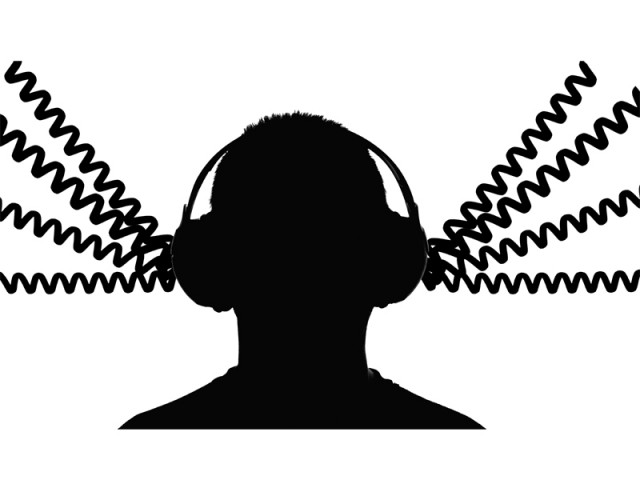Should police be allowed access to phone conversations?
Experts warn that the proposed new measures are likely to be misused and infringe on privacy rights.

Should police be allowed access to phone conversations?
A long-standing demand from the police force to access mobile phone data and have wiretapping capacity is set to be met. The development comes after the interior minister announced that a summary to this effect has been sent to the prime minister’s office.
However, leading human rights bodies and experts warn that such a measure would not only further infringe on fundamental privacy rights, but was also likely to be misused by the police force, where corrupt practices are said to be endemic.
Interior Minister Rehman Malik had said on March 13 that
a summary was forwarded to the prime minister to grant police access to mobile phone data. He added that ‘special equipment’ for the purpose would also be provided to police across the country to find the location of criminals and that a central crime database centre would also be set up in Islamabad.
But does this mean that the police would also have the added capacity of wiretapping conversations? A leading telecommunication expert, who did not wish to be named, said that the technology that gives access to mobile phone data and the location of a suspect could easily be used to also wiretap the conversation.
The Human Rights Commission of Pakistan’s senior council member Asad Butt warned that these extensions in the powers of the police on the pretext of curbing crime could be grossly misused. “One only has to look at the past record of the police to realise that giving them blanket access to mobile phone records is a bad idea.”
Butt stressed that by law even intelligence agencies have to first get permission from the courts before they conduct surveillance on anyone. “The police too must first be told to get the permission of the courts before they begin accessing mobile phone records.”
According to the Pakistan Telecommunications Act of 1996, the government can “authorise any person or persons to intercept calls and messages or to trace calls through any telecommunication system” for the purposes of defending ‘national security’.
The legality of wiretapping was discussed extensively by a full bench of the Supreme Court in the Benazir Bhutto v Federation of Pakistan case in 1998, in which the dissolution of Bhutto’s second government was challenged.
Justice Saleem Akhtar’s authored judgment said that since there was no procedure for regulating wiretapping of private or official phones, to prevent against the violation of constitutionally protected rights phones could only be tapped with the prior permission of either the Supreme Court or a commission constituted by the apex court which was to examine each case on its merits. Going a step further, the judgment implied that the court’s permission was also required in cases involving national security.
However, the procedure specified was never implemented and intelligence agencies do not seek the court’s permission before wiretapping anyone.
The HRCP senior member feared that the extension in powers of the police would hit the business community the most since corrupt officers within the police would use this facility in extorting money from respectable businessmen by finding out about their deals rather than curbing crime.
Analyst Amir Rana also voiced his opinion against the measure. “Before the police get any such access, a foolproof mechanism must first be developed that ensures that officers would be held accountable if it is misused.” Otherwise, he warned, this new power would become another lucrative avenue for them to collect bribes.
Meanwhile, Sharfuddin Memon, an adviser to the Sindh chief minister, defended the police and welcomed Malik’s announcement for access to mobile phone data. “If everybody is worried about police misuse, then are they not worried about how the intelligence agencies are using their facility of tracing and wiretapping individuals?”
SP Central Investigation Agency Lahore Liaqat Malik said if the measure is implemented it would be a huge boost to fighting crime and terrorism throughout the country. “The Police are at the forefront of fighting crime and terrorism and yet we are dependent on intelligence agencies for granting us access to mobile phone intercepts, and they may or may not give it to us on their discretion.”
Published in The Express Tribune, March 17th, 2012.



















COMMENTS
Comments are moderated and generally will be posted if they are on-topic and not abusive.
For more information, please see our Comments FAQ